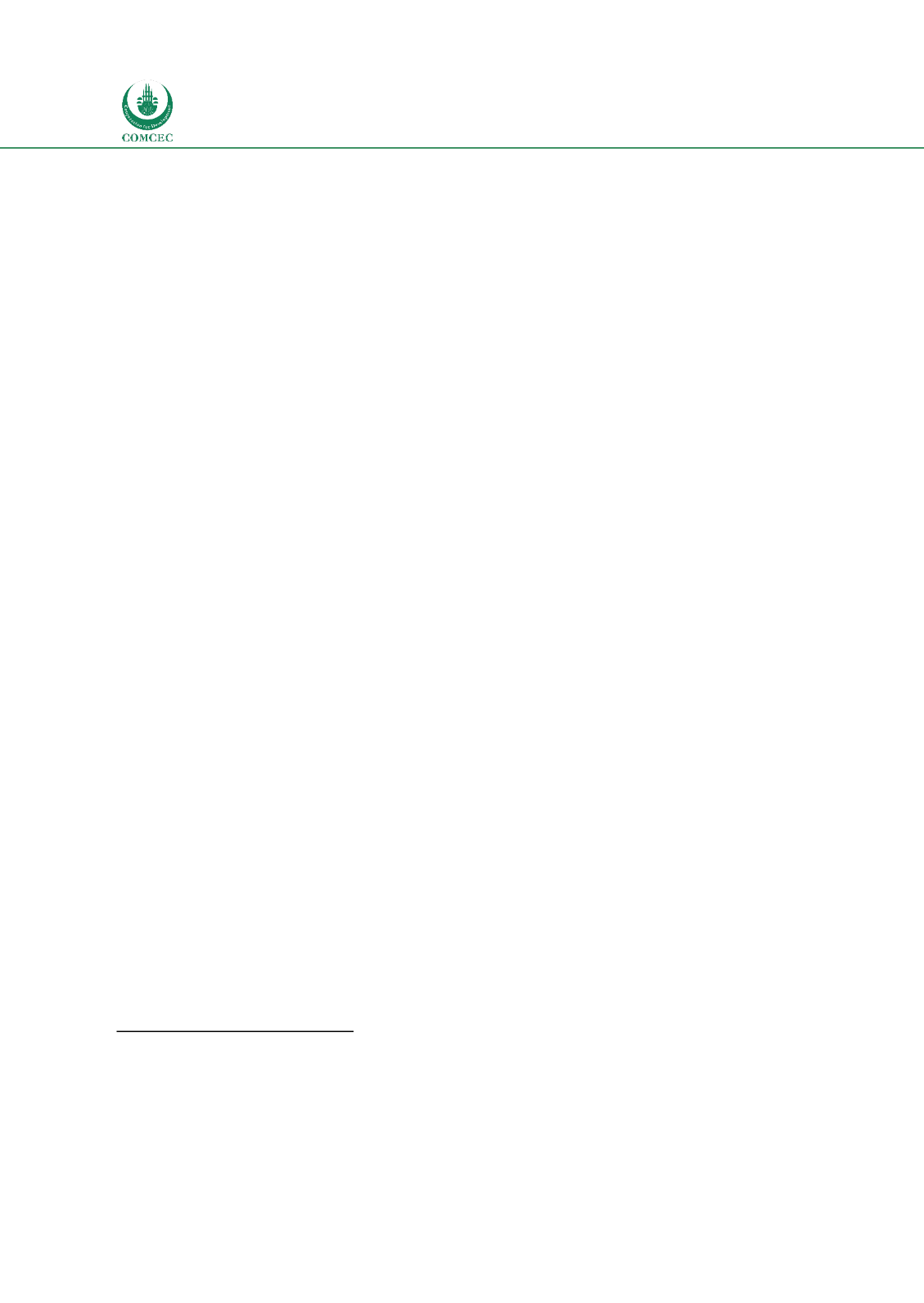

Muslim Friendly Tourism:
Developing and Marketing MFT Products and Services
In the OIC Member Countries
50
of providers in the industry have found other ways to increase revenues by providing
banquets among other services to their guests.
Some destinations managed to solve the problem of accommodating Muslim and Non-Muslim
tourists by designating separate areas for each group that cater to their differing needs. An
example of this is the Indonesian island Lombok where the local government has identified
areas for Muslim guests, where other tourists need to wear modest clothes, while designating
other areas as “party hotspots”.
110
4.
Marketing to Muslim and Non-Muslim Tourists
Marketing to Muslims can be a challenging task in certain situations. While the Muslim
consumer market has proven itself too large to ignore, addressing it can attract criticism from
“mainstream” consumers. Some companies managed to deal with this challenge through
asserting that this is mainly about offering consumers products that are aligned to their belief
systems.
Tourism products and services providers may choose to tackle this challenge by limiting their
marketing aimed at Muslim consumers through choice of Muslim media or a specific
geographic location. Another successful strategy is to use a message that can appeal to both
mainstream and Muslim consumers, such as emphasizing the health and ethical aspects of
products.
111
In the case of hotels, they can market themselves as a family-friendly hotel without using the
terms “Muslim” or “Halal”. A successful example of such marketing approaches is the Al
Jawhara hotel group, which is Dubai-based; it promotes itself as providing “unique family
oriented hospitality”. Shaza Hotels is another example of successful branding as an “authentic
Arabian hospitality” provider. Both hotel groups have managed to create a marketing
message that can appeal to both Muslims and non-Muslims consumers.
112
5.
Financing MFT Products and Services
A big hurdle to the growth of the MFT sector is the reluctance of investors in general to
finance the development of MFT products and services. In the hotel industry, investors are
afraid of loss of revenue in food and beverage if they invest in
dry hotels
. For non-real estate
travel ventures, it’s proving quite difficult to secure financing as investors shy away from such
projects.
113
For established businesses, the cost of making their establishments Muslim-
friendly can also be beyond their means. In non-Muslim countries where the cost could be
quite prohibitive, governments have provided support to private sector companies to help
them adapt their businesses to Muslim traveler needs as well as to meet the Halal certification
requirements.
114
Japanese local governments have tried to encourage local businesses to
cater to Muslim travelers’ needs by offering these businesses subsidies to help them develop
Halal products as well as obtain Halal certification.
115
In 2015, Tokushima local government
110
“The State of the Global Islamic Economy Report 2015/16” DinarStandard and Thomson Reuters, 2015.
111
Izberk-Bilgin, Elif, and Cheryl C. Nakata. "A New Look at Faith-Based Marketing: The Global Halal Market."
Business
Horizons
(2016).
112
“The State of the Global Islamic Economy Report 2015/16” DinarStandard and Thomson Reuters, 2015.
113
Ibid.
114
For specific government initiatives, refer to the section on “Current Government Policies”
115
Ishida, Michiyo. "Japan's Restaurants Look to Cater to the Halal Food Industry."
Channel News Asia
. 3 Jan. 2016. Web. 1
Mar. 2016.
















